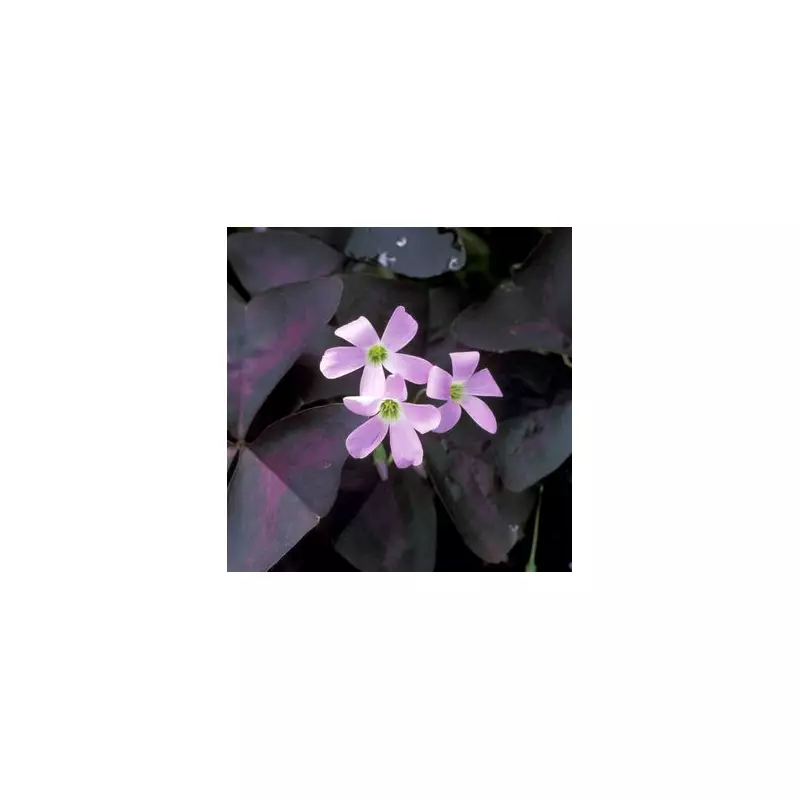
While you're fast asleep, your quiet living room might be hosting a secret botanical ballet. Scientists have discovered that common houseplants engage in fascinating nocturnal movements and possess what can only be described as 'sleep cycles' – completely rewriting our understanding of plant behaviour.
The After-Dark Activity of Your Foliage
Using advanced time-lapse photography, researchers have captured stunning footage of plants subtly shifting their leaves and stems throughout the night. This isn't the rapid movement seen in carnivorous plants like the Venus flytrap, but a slow, deliberate motion that suggests a complex relationship with the day-night cycle.
More Than Just Photosynthesis
Plants aren't simply passive decorations. The research indicates they actively prepare for daylight hours, with some species positioning their leaves optimally for the morning sun. Others appear to 'tuck in' their foliage, conserving energy and moisture during the night – behaviour strikingly similar to animals sleeping.
What This Means for UK Gardeners
This revelation could transform how we care for our indoor gardens. Understanding that plants have active nocturnal lives suggests we should be more mindful of their 24-hour cycle rather than just their daytime needs.
Key findings for plant enthusiasts:
- Light pollution matters: Artificial light at night may disrupt plant sleep cycles
- Temperature shifts: Plants respond to nighttime temperature changes
- Watering timing: Evening watering might affect their natural rhythms
- Species variation: Different plants show unique nocturnal behaviours
The Science Behind the Movement
Researchers believe these movements are governed by circadian rhythms similar to those in animals. The plants' internal biological clocks trigger cellular changes that cause subtle shifts in leaf orientation and stem position, optimising their readiness for the coming day.
This hidden world of plant activity reminds us that there's still much to learn about the quiet companions sharing our homes. The next time you check on your plants before bed, remember – their night is just beginning.





